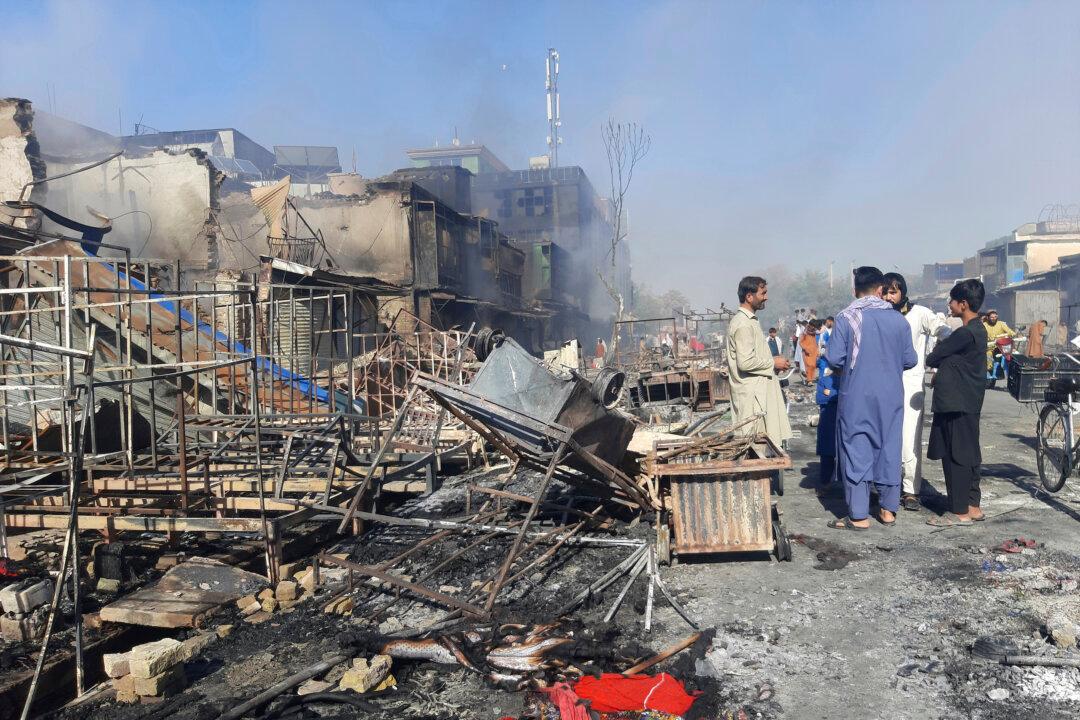The Taliban terrorist group took a sixth provincial capital in about as many days in northern Afghanistan amid claims that government forces simply retreated without fighting.
Samangan’s deputy provincial governor, Mohammad Dawood Kalakani, confirmed the takeover of Aybak, the capital, to international news outlets. Now, he said, the Taliban is “in full control” while a Taliban spokesman wrote that all government and police installations in Aibak were “cleared.”





